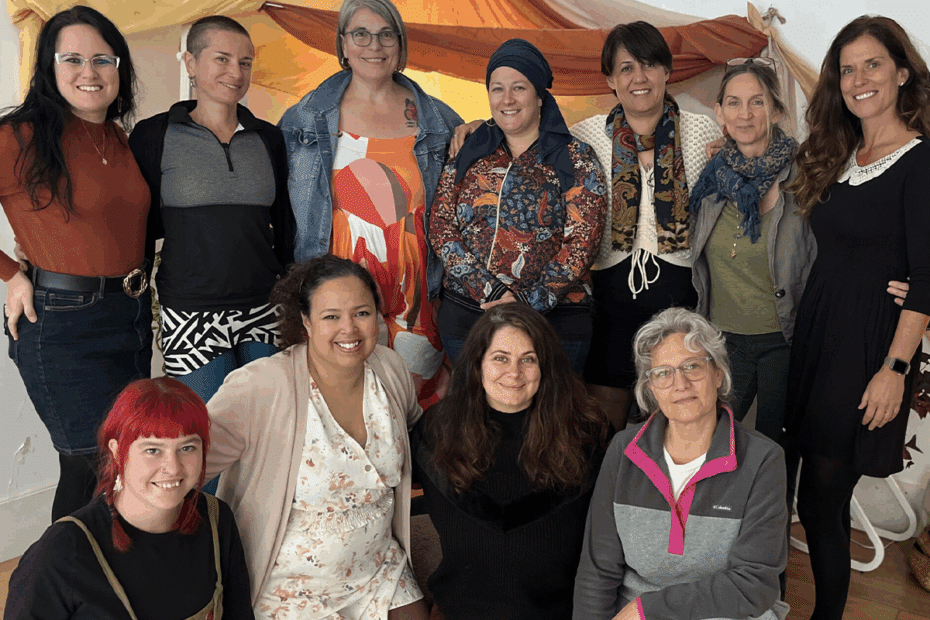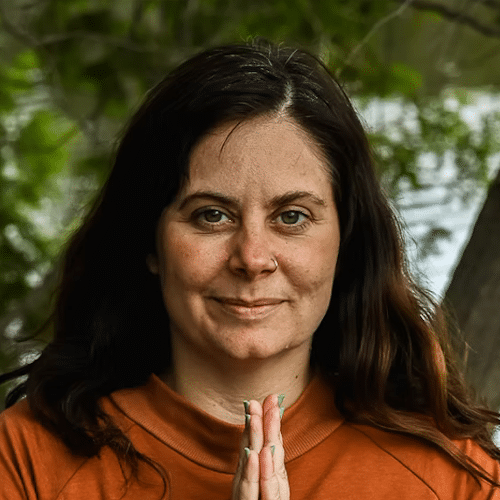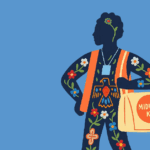At La Clinique Communautaire de Pointe-Saint-Charles in Montreal, midwifery care is grounded in principles of continuity, autonomy, and community. The clinic is citizen-run and rooted in a historically working-class, immigrant-rich neighbourhood, operating with a strong focus on the social determinants of health. Emmanuelle Dennie-Filion, a midwife at the clinic, describes their model as both collaborative and deeply responsive to the diverse needs of the people it serves.
Emmanuelle is committed to serving people who might otherwise fall through the cracks, and many of their clients are uninsured or newly arrived in Canada. To ensure that they’re connected to the landscape of supports that can impact a client’s sexual and reproductive health beyond pregnancy care, Emmanuelle explains that her team is “in regular contact with community resources for things like housing help, immigration papers, and food security,” Emmanuelle says. This holistic, wraparound model is supported by a collaborative team that includes not only midwives, but also social workers, nurses, and birth companions.
Most of the abortion care we’re providing right now is for past clients. So that means they don’t have to go to another resource that they don’t know. They can go back to their midwife.
Emmanuelle Dennis-Fillion
The clinic recently expanded its services to include early medication abortion and postpartum IUD insertions, improving access to reproductive health care in the region. “Most of the abortion care we’re providing right now is for past clients. So that means they don’t have to go to another resource that they don’t know. They can go back to their midwife, which is amazing,” Emmanuelle shares. In moments that can be stressful, being able to return to a trusted provider helps reduce fear and uncertainty.
Although there are still limitations in Quebec’s midwifery scope—such as the inability to offer surgical abortions or manage epidurals—Emmanuelle sees these developments as a promising beginning. “Our toe is being dipped into the ocean of everything that we will be able to provide.”
With an integrated team of midwives and birth companions, ongoing training in trauma-informed care, and strong ties to community organizations, the clinic is a model of what equitable, community-based care can look like. “Midwives are facilitators,” Emmanuelle says. “We find solutions and options that actually work, and that are specifically targeted to the person.”




